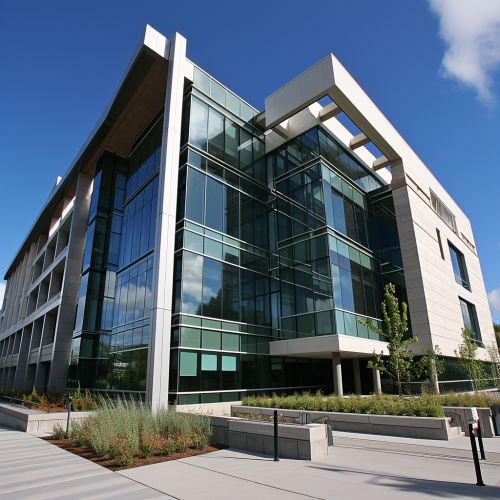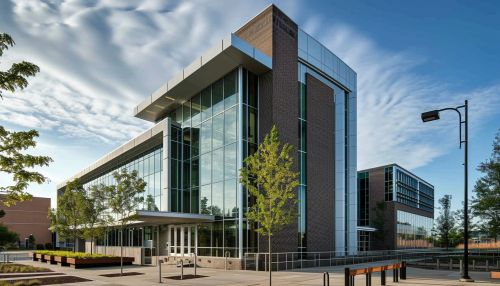District courts
Overview
A district court is a type of court that has jurisdiction over a specific geographic area within a country. These courts are integral to the judicial system, handling a wide range of cases, from civil to criminal matters. They are often the first level of court where cases are heard and decided, with the potential for appeals to higher courts.
Jurisdiction
District courts have the authority to hear and decide cases within their designated districts. This jurisdiction is typically defined by the boundaries of a city, county, or other political subdivision. The jurisdiction of a district court can encompass a wide range of legal matters, including both civil and criminal cases. In some jurisdictions, district courts may also handle family law matters, probate cases, and other specialized types of cases.
Structure
The structure of district courts can vary significantly from one jurisdiction to another. In general, a district court is presided over by one or more judges, who are typically appointed or elected to their positions. Some district courts also employ magistrates or commissioners to handle certain types of cases or proceedings. The court staff also includes clerks, bailiffs, and other administrative personnel.


Role in the Judicial System
District courts play a critical role in the judicial system. They are often the first level of court where cases are heard and decided. This means that they play a key role in the enforcement of laws and the resolution of disputes. In addition, decisions made by district courts can set legal precedents that influence the interpretation and application of laws.
Case Process
The process of a case in a district court typically begins with the filing of a complaint or indictment. This document outlines the nature of the dispute or charges against the defendant. The defendant is then given the opportunity to respond to the allegations. If the case is not resolved through a plea agreement or dismissal, it proceeds to trial. The trial may be heard by a judge alone, or by a jury, depending on the jurisdiction and the nature of the case. After the trial, the judge or jury renders a verdict. If the defendant is found guilty in a criminal case, or liable in a civil case, the court then determines the appropriate sentence or damages.
Appeals
Decisions made by district courts can be appealed to a higher court, typically a court of appeals or supreme court. The process of an appeal involves a review of the proceedings and decision of the district court to determine if any errors of law were made. If an appellate court finds that an error was made, it can reverse or modify the decision of the district court.
Variations by Country
The structure, jurisdiction, and procedures of district courts can vary significantly from one country to another. For example, in the United States, district courts are the trial courts of the federal court system. In contrast, in India, district courts are established by the state governments and handle a wide range of civil and criminal cases. In Australia, district courts are intermediate courts that handle serious criminal and civil cases, with appeals heard by the Supreme Court.
